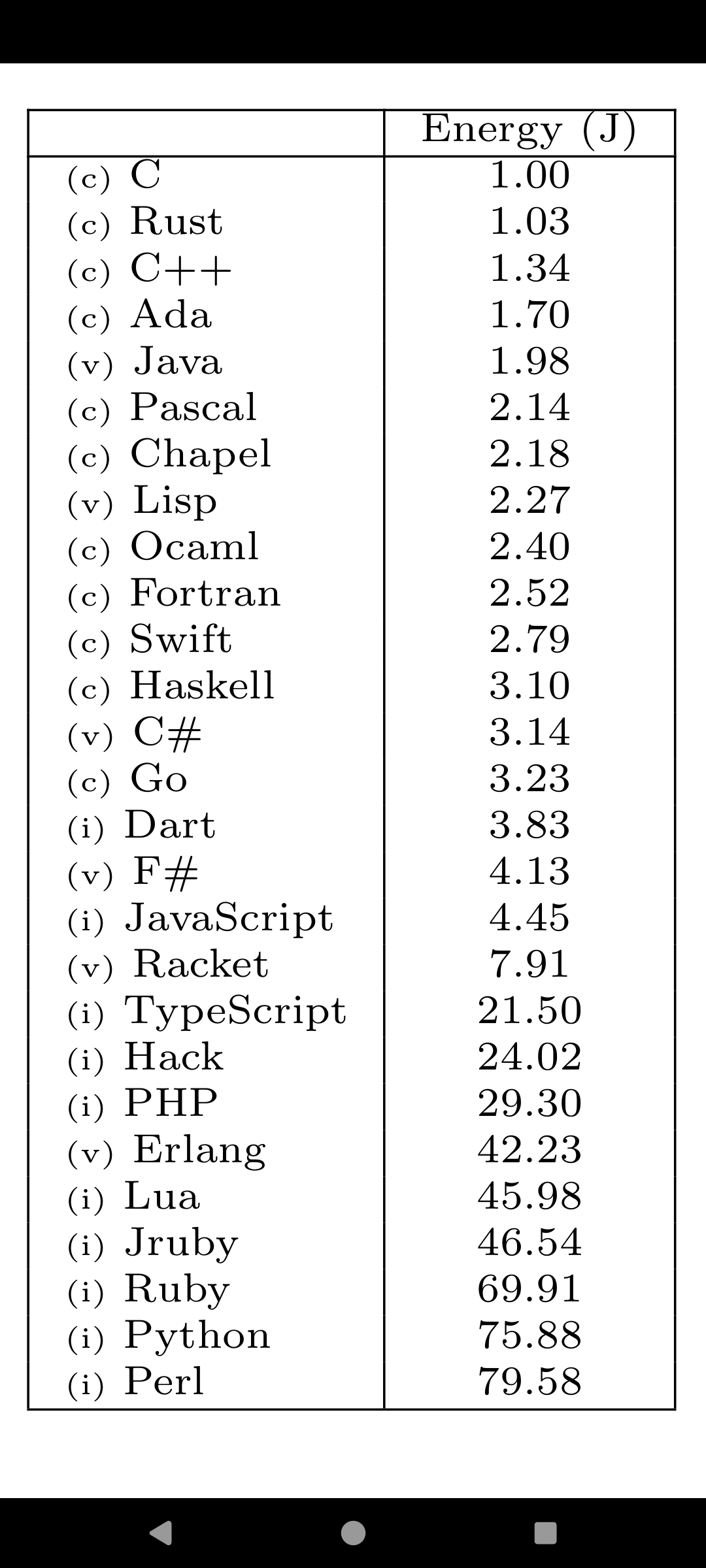

Content creators. It’s hard to host everyone’s videos, and it benefits monopolists to imply that doing so is necessary, as it prevents new entrants. It’s not nearly as hard to host your own server (or pay for it to be hosted). It becomes harder when you suddenly become popular, a situation which Peertube explicitly compensates for by sharing the distribution effort between viewers, which scales with popularity.
Signal makes it’s own bed like YouTube by being a single centralised server for everyone. Nobody ever asks “who pays for the servers” when it comes to Matrix or XMPP






















Just to be clear before I respond to the rest of this comment, my position is that Peertube solves the sustainability problem and in no way am I suggesting Peertube will replace YouTube
I do not expect the vast majority of channels to survive the end of YouTube, as is normal for any paradigm shift.
P2P is completely achievable using NAT Hole Punching. I have no clarity on if Peertube is doing this but since there’s already a trusted server involved it would be silly not to.
In a hypothetical, unlikely future where YouTube dies and people generally move to Peertube, I expect the majority of content creators to pay small fees to have instances host their videos. I expect small, free but restricted instances will continue to be the home for amateur videographers as they are today. The more technical folk will likely self host, and groups of like minded creators will pool efforts to run group specialist instances (not unlike Nebula).
Frankly the most likely scenario is YouTube dies and everyone starts posting videos to Instagram or Tiktok or something equivalently anti user.